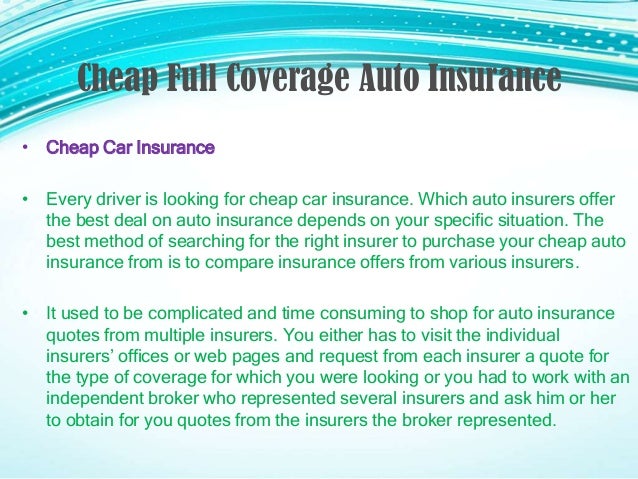Auto insurance is an critical aspect of responsible vehicle possession, yet many people find it overwhelming to understand the multiple options available. Incidents, whether minor mishaps or serious collisions, can happen to anyone at any time. That's why having the suitable insurance is so vital. With the suitable auto insurance plan, you can protect yourself, your riders, and your financial well-being in the event of an unforeseen incident.
Comprehending the various types of car insurance coverage can help you make wise decisions adapted to your individual needs. From liability coverage to full coverage options, each option serves a distinct purpose in protecting your assets. This article will guide you through the key considerations and options you should weigh when choosing the ideal car insurance policy, ensuring that you are ready to manage whatever life presents your way.

Understanding Car Coverage Types
Car insurance is essential for safeguarding your person and your car on the road. There are various forms of coverage accessible, each intended to meet different needs and circumstances. The most prevalent types include liability insurance, collision coverage, and comprehensive insurance. Liability coverage pays for damages or harm you inflict to other people in an accident, while collision insurance helps cover for fixes to your car after an accident, irrespective of who is at blame. Comprehensive insurance safeguards against non-accident incidents, such as stealing, vandalism, or natural disasters.
An additional important type of auto insurance is personal injury protection and medical expense coverage. This insurance covers for healthcare costs for you and your passengers after an accident, regardless of fault. PIP can also cover income loss and additional expenses, making it a valuable choice for those concerned about medical expenses following an accident. Some jurisdictions require PIP coverage, while some provide it as an optional add-on.
At last, uninsured and lacking sufficient motorist insurance safeguards you in cases where the responsible driver does not have insurance or does not possess adequate coverage to pay for the losses. This type of automobile coverage is crucial, as it ensures that you are not left bearing the costs for fixes and health expenses due to someone else's negligence. When selecting auto coverage, it is important to take into account these various forms of coverage to ensure you are adequately protected on the road.
Variables Influencing Car Insurance Costs
Several factors can substantially impact the amount of your auto insurance rates. One of the main considerations is the type of vehicle you own. Cars that are more expensive to fix or substitute will usually lead to increased insurance premiums. Additionally, autos with a greater probability of theft or those that lack safety options can lead in higher premiums. Insurance providers typically assess the danger associated with different models and that can directly influence how much you spend.
Your driving record also plays a vital role in affecting insurance fees. Drivers with good histories, free of collisions and traffic violations, are typically offered with reduced rates. Conversely, a track record of accidents or violations can indicate to insurers that you are a higher risk, leading in higher rates. Consistently reviewing your driving habits and aiming for safe driving can assist maintain your costs in check.
A further significant factor is your area. The place where you reside can affect your premium due to diverse risks. Urban settings tend to have greater rates of accidents and theft compared to countryside locations, which can lead to higher rates for motorists in urban areas. Additionally, factors such as local weather patterns, crime rates, and population density all play a role to how much you might pay for auto insurance in your specific area.
Tips for Choosing the Right Coverage
As you consider deciding on car insurance, it's important to analyze your personal needs and circumstances. Think about factors such as your patterns of driving, the age and value of the car you own, and how often you use your car. For instance, if you have a new or expensive car, comprehensive and collision coverage could be useful. If you drive infrequently or own an older vehicle, you could choose liability coverage only to reduce on premiums.
Another key consideration is being aware of the various coverage types that are available. Get acquainted with terms like liability coverage, collision coverage, and uninsured motorist coverage. All of these plays a unique role in protecting you, your passengers, and your vehicle in specific situations. Compare car insurance companies near dallas, tx from multiple insurers and look for any extra benefits offered, such as roadside assistance or accident forgiveness, which may enhance your coverage.
In conclusion, feel free to seek clarification and get guidance from insurance agents. They can offer advice tailored to your situation and help clarify any confusing aspects of your policy options. Checking your coverage annually is also a good idea to make sure it still meets your needs as circumstances change, like relocating, getting a new vehicle, or changes in your financial situation.
